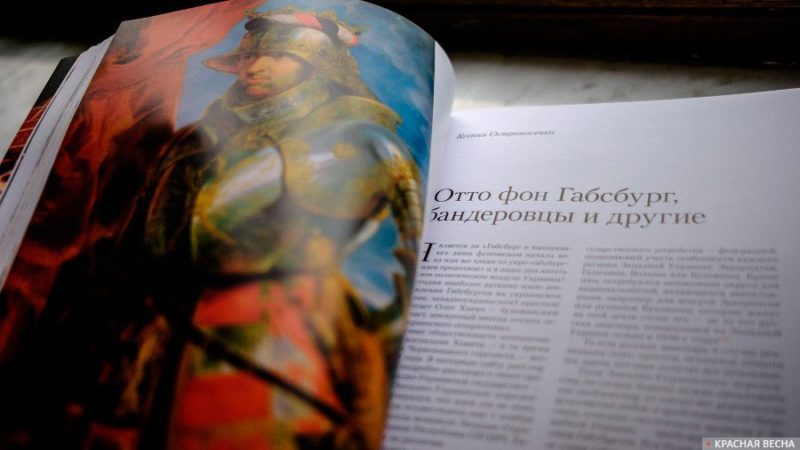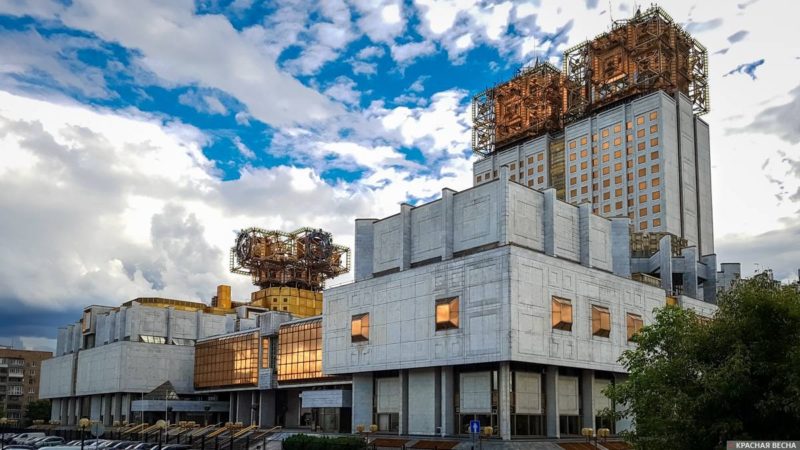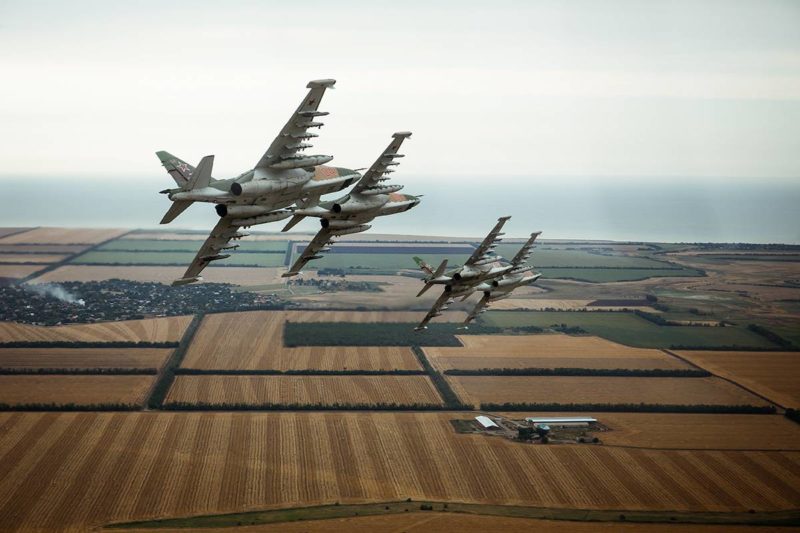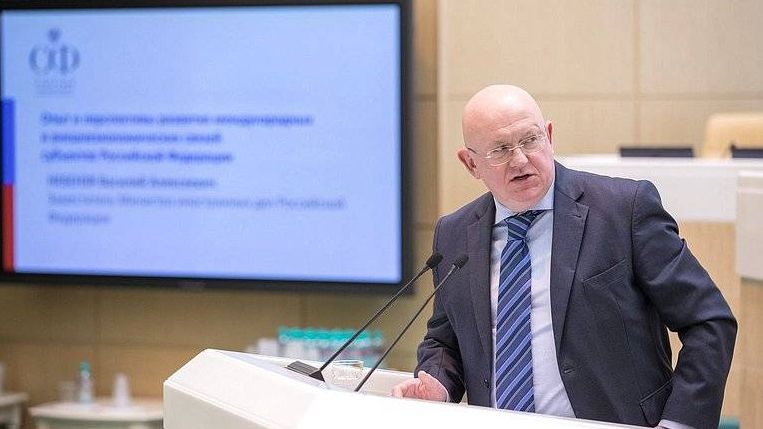18.10.2017, Russia.
An activist of the Essence of Time movement Ksenia Ostronosenko in her report “Otto von Habsburg, Bandera Nazis, and others” discusses the dual-purpose activity of the heirs of the Habsburg dynasty aimed at European integration and at Soviet disintegration. The report was presented on October 11 at the conference “Ukrainism: Who constructed it and why”, a correspondent of the Rossa Primavera Information Agency reports.
Otto von Habsburg, the heir to the last Emperor of Austria-Hungary, Karl I, consistently combined participating in pan-European integration with activity aimed at the break-up of the Soviet Union and Russia, the researcher said.
“In 1957 Otto von Habsburg became Vice President of the Paneuropean Union,” Ostronosenko said. She added that the same year Otto von Habsburg was among those who promoted the establishment of the European Economic Community (EEC) whose members signed a customs union; this was the direct and immediate predecessor of the European Union.
According to the author, while participating in European integration structures, Otto von Habsburg closely co-operated with the Bandera Nazis, and in a wider sense, with anti-communist and anti-Russian structures. For example, the researcher pointed out that Otto von Habsburg played a key role in the European Documentation and Information Centre (EDIC) where Habsburg cooperated with the Bandera Nazi emigre leader Yaroslav Stetsko, the head of the Anti-Bolshevik Bloc of Nations (ABN) and the former head of the “Ukrainian State”, which was established in 1941. Later Otto von Habsburg became the Honorary Chairman of the European Council for World Freedom, led by Yaroslav Stetsko.
“Otto von Habsburg actively worked in official European structures as well. For 20 years, beginning with 1979, he represented the interests of the Christian-Social Union in Bavaria (German: Christlich-Soziale Union in Bayern) in the European Parliament. He was involved in the formation of the EU Parliament Paneuropean Working Group. In the EU Parliament, Otto von Habsburg advocated for the idea of EU expansion, especially through the inclusion of Hungary, Slovenia and Croatia, which used to be parts of the Habsburg Empire,” the researcher said adding that the heir to Otto von Habsburg, Karl, said in 2017 that “Europe will never be complete without Ukraine” (part of Western Ukraine was also part of the Habsburg Empire―Rossa Primavera Information Agency).
Ksenia Ostronosenko highlights that Otto von Habsburg and his successors have consistently called for the dismemberment of the Soviet Union and Russia.
“A central issue for Otto von Habsburg was the ‘decolonization’ of the USSR and Russia. For example, in his speech in 1977 at a forum of the World Anti-Communist League (WACL),an association established by merging the Anti-Bolshevik Bloc of Nations (which had not included Asian anti-communists) and the Asian People’s Anti-Communist League, Otto von Habsburg said: ‘We must tell the world that, in the age of decolonization, the USSR must not further be allowed to remain the world’s last unchanged colonial empire’. Picturing the horrors of the USSR he said that, ’entire nations today are detained in the concentration camps’,” the author said. She also mentioned that “in another speech in late 1980s Otto von Habsburg, referring to ‘the attitude of the Soviet Union towards the hundreds of millions of people it conquered’, reiterated the idea of decolonization, ‘Annexed were not only the adjacent countries of the Yalta zone of Europe, but also Asian territories. Let us not forget that the Soviet Union is essentially the last colonial empire in the world in the late era of decolonization…’.”
Ostronosenko pointed out that, according to Otto von Habsburg, “Russia has not yet been fully decolonized, as it continues to govern Islamic territories and the ‘occupied’ Southern Kuril Islands”.
The researcher cited Otto von Habsburg saying that the separation of Siberia is a prerequisite for Russia’s joining the EU. “Finally, speaking about the possibility of Russia’s integration into Europe, Otto von Habsburg said directly that Russia is welcome there, but only after its dismemberment. For example, in an interview in 2005 he said, ‘If one day Russia abandons its Asian areas we call today Siberia, Russia can demand membership in the European Union, but certainly not before’,” the report said.
Also, Ostronosenko mentioned the special attention the Habsburgs pay to Ukraine, combining respect for the Ukrainian Insurgent Army and support for the current Ukrainian authorities. “Otto von Habsburg had no scruples about showing his positive attitude towards the Bandera Nazi war criminals. For example, in 1982 he became member of the International Anniversary Committee to Honor the Ukrainian Insurgent Army, which was established to celebrate the 40th anniversary of this organization notorious for its atrocities,” the author said.
The researcher also cited Otto von Habsburg saying that he was “of Ukrainian descent”. She further said that the Habsburgs have consistently positioned themselves as lobbyists of Ukraine, which must make the European choice.
“The example of Otto von Habsburg clearly shows that today’s relaxed and pluralistic Europe, with its madness over tolerance and minority rights, hides inside a certain kernel which bears contrast to its relaxed periphery,” Ostronosenko stressed, drawing attention to the unity of the two projects: European integration and the dismemberment of Russia.
On October 11 in Moscow, a research and practical conference entitled “Ukrainism: Who constructed it and why” began. It was organized by the Essence of Time movement and the Experimental Creative Centre International Public Foundation. At the conference, a multi-authored monograph of the same title was presented; Sergey Kurginyan spoke about its content. “We are studying Ukrainism, not Ukraine. Our subject is Ukrainism as a construct. The creation of this construct, its characteristics, its consecutive transformation, its implementation, and finally its outlook―this is the focus of our study, which is thus fundamentally different from a normal historical or sociological study of a normal Ukraine,” the leader of the Essence of Time movement said.
Source: Rossa Primavera News Agency




